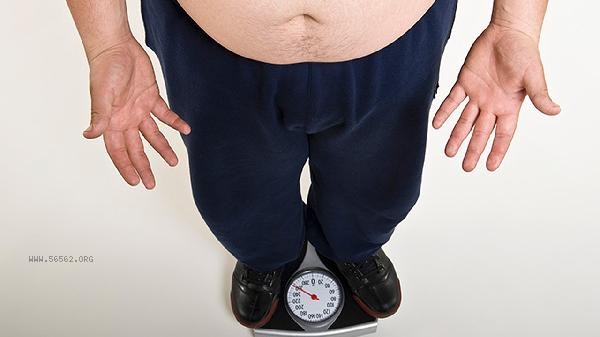The intervention measures for obese children mainly include dietary adjustments, exercise interventions, behavior correction, family participation, and medical support.

1. Dietary Adjustment
Controlling total calorie intake is the core of childhood obesity intervention, which requires reducing high sugar and high-fat foods and increasing the proportion of vegetables, fruits, and whole grains. Adopting a small portion multiple meal system to avoid overeating, using steaming instead of frying cooking methods. Be careful to avoid excessive dietary restrictions that can lead to malnutrition. School aged children should ensure daily intake of high-quality protein and calcium.
2. Exercise Intervention
Ensure 60 minutes of high-intensity physical activity daily, such as skipping rope, swimming, ball sports, etc. Reduce static behavior time and keep screen time within 2 hours. The exercise plan should be gradual and selected based on interests. Parents can accompany them to participate in order to enhance sustainability. Schools should increase physical education hours and opportunities for extracurricular activities.
3. Behavior correction
Establish a regular sleep schedule to improve sleep quality and duration. Developing self-management skills through recording diet and exercise diaries, using non food reward mechanisms. Correct bad habits such as eating too quickly and playing while eating, and cultivate a correct understanding of satiety. Psychological counseling can help improve feelings of inferiority caused by obesity.

4. Family Participation
Parents need to unify their feeding concepts and avoid forced eating or excessive restriction. Adjust the family's dietary structure and create a supportive family environment. Parents should lead by example by participating in sports and reducing the purchase of high calorie snacks. Regularly monitor the growth and development curve of children to avoid excessive attention to weight figures.
5. Medical Support
For children with severe obesity or concomitant metabolic abnormalities, intervention should be carried out under the guidance of a pediatric endocrinology department. Doctors will evaluate obesity related complications and conduct metabolic monitoring if necessary. Drug therapy requires strict adherence to medical advice, and adolescent weight loss surgery has strict indications. Regular follow-up can adjust intervention plans in a timely manner.

Intervention for childhood obesity requires long-term persistence, and it is recommended to develop a personalized tiered management plan. Pay attention to ensuring the necessary nutrition for growth and development in terms of diet, and the exercise plan should balance fun and safety. Family school medical institutions should form a linkage and establish a healthy behavior support environment. Avoid using extreme weight loss methods and focus on improving body fat percentage and metabolic indicators. Regularly evaluate the intervention effect, dynamically adjust strategies based on growth and development stages, and cultivate a lifelong healthy lifestyle.









Comments (0)
Leave a Comment
No comments yet
Be the first to share your thoughts!